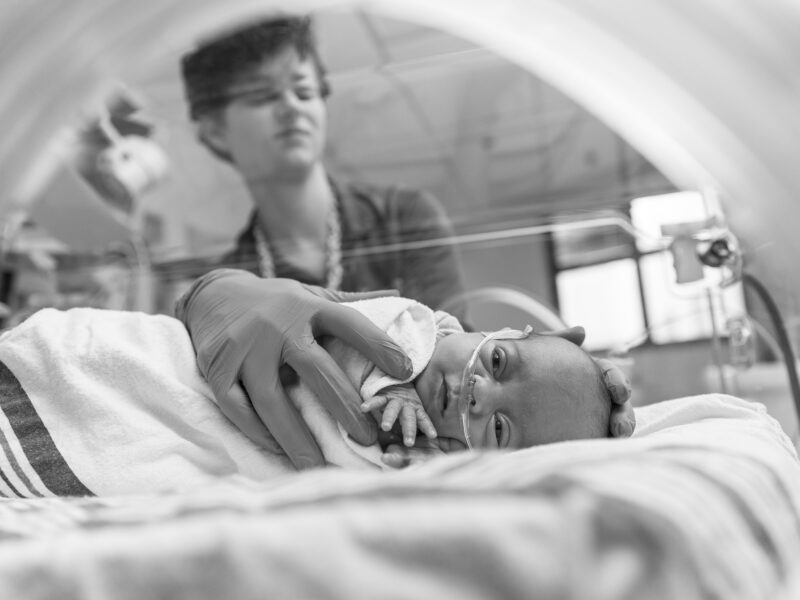Family Support Linked to Resilience in Kindergarteners Born Preterm
Family Support Linked to Resilience in Kindergarteners Born Preterm https://pediatricsnationwide.org/wp-content/themes/corpus/images/empty/thumbnail.jpg 150 150 Adelaide Feibel Adelaide Feibel https://secure.gravatar.com/avatar/aa05d1a2b673e26eca96ad99b58d225e?s=96&d=mm&r=g- October 10, 2019
- Adelaide Feibel
Despite known adverse outcomes associated with prematurity, a large minority of kindergarteners born preterm exhibit none of them.
For years, medical researchers have dedicated countless hours to studying the adverse outcomes of premature births.
But in their attempts to illuminate the incidence of cognitive, behavioral and learning deficits in preterm and low-birth-weight infants, researchers have failed to address an equally important question: Why do some preterm infants manage to develop normally, despite the high-risk nature of their births?
H. Gerry Taylor, PhD, principal investigator in the Center for Biobehavioral Health in the Abigail Wexner Research Institute at Nationwide Children’s Hospital, seeks to rectify this omission from the developmental literature in a study published earlier this year in the Journal of the International Neuropsychological Society.
The study, which analyzed the development of 146 extremely low-birth-weight and preterm kindergarten children and 111 of their normal-birth-weight peers from the Cleveland, Ohio, metropolitan area, found that 45% of the children in the preterm group were “resilient” to the biological risks of being preterm, meaning they displayed age-appropriate behavior and academic learning. In comparison, 73% of the control group displayed these same characteristics.
“What about the kids that do well? How do they escape the negative consequences of this quite high-risk condition? No one has really focused on that part of the population,” Dr. Taylor says. “I see resilience as the flip side of the coin of looking at the effects of brain-related risk factors in children and their development.”
By measuring both the “proximal” family environment, such as the level of stimulation at each child’s home and the quality of the relationship between the mother and child, and more “distal” social risks such as median neighborhood income, the research team discovered that resilient preterm children were more likely to have grown up in “advantaged” family environments. Such environments are those that provide ample learning opportunities for their children, where parent-child relationships are positive and supportive, and where the parents themselves do not feel highly burdened or distressed.
According to Dr. Taylor, the development literature tends to apply the concept of “resilience” to children exposed to social risks, such as high poverty, who achieve well academically and are free of significant behavior problems. In his current position, he is interested in extending the concept of resilience to children at biological risk. Children at biological risk include not only those born preterm but also those with a broader group of neurodevelopmental conditions, such as traumatic brain injury and other acquired brain insults, congenital heart disease, epilepsy and muscular dystrophy. Dr. Taylor hopes to learn more about why many children with these conditions do well and he believes that this knowledge will help find ways to enhance the development of all at-risk children.
“This is something we need to be focusing on as much as the negative outcomes,” Dr. Taylor says. “We have different things to learn from the kids that do well.”
Reference:
Taylor HG, Minich N, Schluchter M, Espy KA, Klein N. Resilience in extremely preterm/extremely low birth weight kindergarten children. Journal of the International Neuropsychology Society. 2019 Apr;25(4):362-374.
- Posted In:
- In Brief





